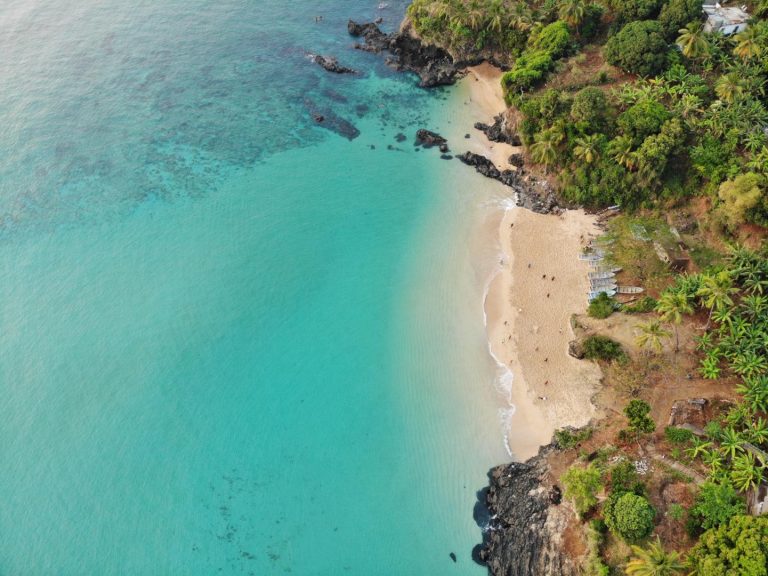Two-thirds of African countries have access to the sea. Some are making good use of it through fishing and tourism. But the productivity of African waters is plummeting. Kenyan fishermen now catch an average of 3kg of lobster on each trip, compared with 28kg in the 1980s. Grouper fish appear to have become extinct in the Comoros in the 1970s. South Africa’s fishy haul is lower today than in the 1950s.
The main reason is bad governance. African Union calls to fight overfishing with joint navy patrols and co-operation between fisheries have been ignored. Nigeria, among Africa’s richest countries, lacks a serviceable navy. Some governments even collude in overfishing. Angolan fisheries officers rarely report the illegal catches of boats owned by politicians.
At the same time African states are failing to invest in much-needed marine research. They say it is a “donor activity”, meaning they want foreigners to pay for it. The continent has only one large oceanography department, at the University of Cape Town, and that is underfunded.
Coastal wetlands have little protection and fishing grounds are especially vulnerable. In many countries lot of foreign boats operate in areas close to the shore supposedly reserved for locals in dugouts. Some vessels use banned methods like light-luring (attracting fish with floodlights) and pair-trawling (where nets strung between boats are dragged on the sea floor).
Industrial fishing has been encouraged by rising global demand. The European Union has a series of agreements for its boats to fish in African waters. China has moved in too. The Russian fishing fleet is resurgent. In many cases, says Andr





















